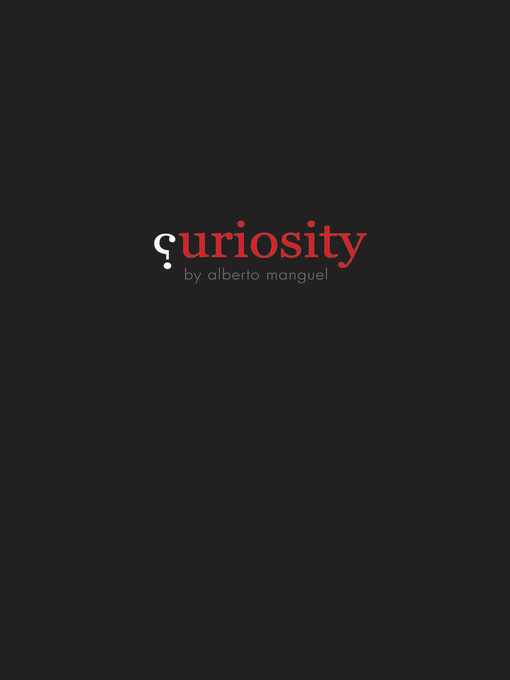An eclectic history of human curiosity, a great feast of ideas, and a memoir of a reading life from an internationally celebrated reader and thinker
Curiosity has been seen through the ages as the impulse that drives our knowledge forward and the temptation that leads us toward dangerous and forbidden waters. The question "Why?" has appeared under a multiplicity of guises and in vastly different contexts throughout the chapters of human history. Why does evil exist? What is beauty? How does language inform us? What defines our identity? What is our responsibility to the world? In Alberto Manguel's most personal book to date, the author tracks his own life of curiosity through the reading that has mapped his way.
Manguel chooses as his guides a selection of writers who sparked his imagination. He dedicates each chapter to a single thinker, scientist, artist, or other figure who demonstrated in a fresh way how to ask "Why?" Leading us through a full gallery of inquisitives, among them Thomas Aquinas, David Hume, Lewis Carroll, Rachel Carson, Socrates, and, most importantly, Dante, Manguel affirms how deeply connected our curiosity is to the readings that most astonish us, and how essential to the soaring of our own imaginations.
- Available now
- New eBook additions
- New kids additions
- New teen additions
- Most popular
- Try something different
- NYPL WNYC Get Lit Book Club
- Spotlight: Toni Morrison
- See all ebooks collections
- Available now
- New audiobook additions
- New kids additions
- New teen additions
- Most popular
- Try something different
- NYPL WNYC Get Lit Book Club
- Spotlight: Toni Morrison
- See all audiobooks collections



